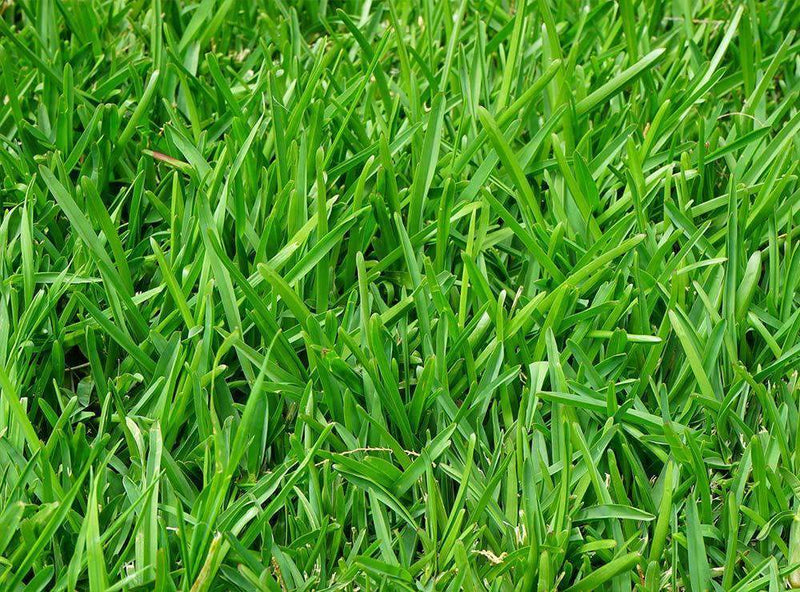IE cognates of the Celtic word are Germanic *tarwō, found in Middle Dutch tarwe, terwe 'wheat' and English tare 'weed; vetch' (also used in translations of the Bible to name a type of ryegrass, probably darnel), as well as Baltic *dirwā 'field', Slavic *derevna 'arable field, village'. From these forms, Indo-Europeanists reconstruct a protoform *derh2u- 'a k. of wild cereal', which in my opinion belongs to the lexicon of Mesolithic hunter-gatherers, with a semantic shift in some languages due to the adoption of agriculture in the Neolithic, a process called acculturation.
1 The French word for 'darnel' is ivraie, from Latin ēbriaca (f.) 'intoxicated'. There's also dialectal Basque libraka (R), with agglutination (proclisis) of the definite article.
2 X. Delamarre (2008): Dictionnaire de la langue gauloise, p. 147-148.
2 X. Delamarre (2008): Dictionnaire de la langue gauloise, p. 147-148.

No comments:
Post a Comment